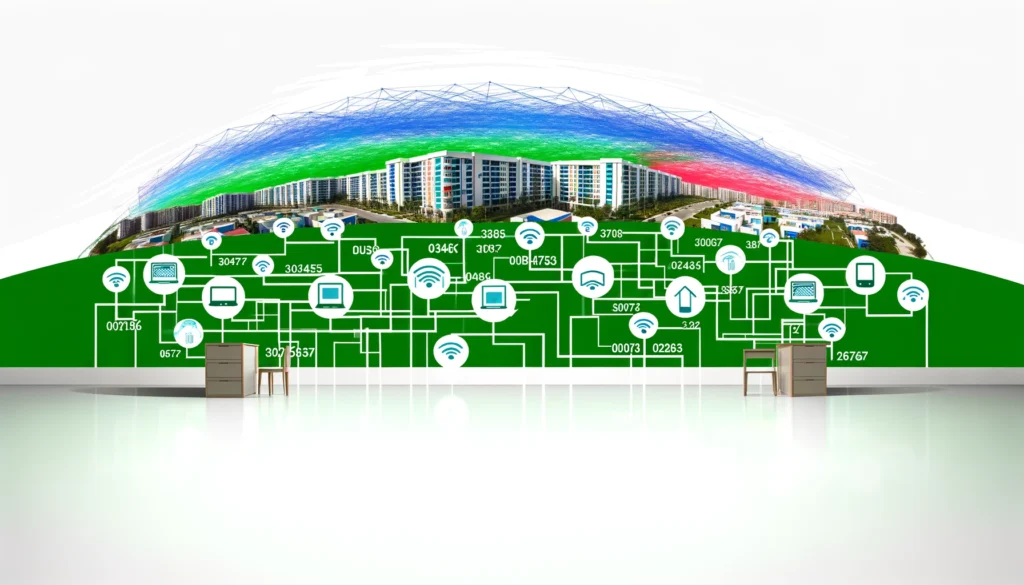Exploring the Benefits and Obstacles of Implementing Mass Internet Services in Multi-Unit Properties
Wiki Article
Establishing mass online services in multi-dwelling complexes can offer various advantages for both managers and residents. Mass online services mean high-speed internet connections that are offered to every dwellings within a complex at a flat price. This approach can boost the general living quality for residents by guaranteeing that all has availability of reliable online service. With the increasing dependence on the internet for work, learning, and entertainment, having a reliable link is essential. Building owners can also profit from offering these solutions, as it can make their buildings more attractive to future tenants.

One of the key advantages of bulk online services is cost reductions. When online connectivity is provided in mass, building managers can negotiate better prices with internet service providers. This can cause lower costs for residents compared to separate plans. Additionally, residents do not have to worry about setting up their personal online service, which can be a tedious process. Instead, they can have immediate availability of high-speed internet upon occupying. This simplicity can be a considerable advantage for potential residents, turning the property more competitive in the rental market.
Another advantage of collective internet services is enhanced access. In many situations, separate internet links can result in decreased performance and unstable service, especially in larger properties where many residents are connected simultaneously. Bulk services typically provide increased bandwidth, which means that every residents can experience high-speed and stable online connectivity. This is particularly important for families with multiple gadgets or for people who are employed from home. A dependable internet connection can improve efficiency and total satisfaction for tenants, rendering it a important aspect of multi-dwelling unit buildings.
However, introducing bulk internet services also comes with challenges. One of the main concerns is the upfront setup expense. Building managers may need to allocate funds for structural upgrades to support high-speed online across the building. This can involve installing new cabling, modems, and additional devices. While these expenses can be counterbalanced by the extended look at here reductions and enhanced building worth, they can be a obstacle for some building managers. Additionally, regular support and assistance for the internet service must be taken into account, as residents will anticipate dependable connectivity and prompt solutions to any issues that occur.
Another challenge is ensuring that the internet service fulfills the varied requirements of all tenants. Various tenants may have diverse online usage habits, from light browsing to intensive viewing or gaming. Building owners must work closely with online connectivity providers to ensure that the connectivity can accommodate these different needs. This may entail offering various tiers of connectivity or extra features, such as Wi-Fi in shared spaces. Balancing the requirements of every residents while controlling expenses can be a challenging process, but it is crucial for the success of collective internet solutions in multi-dwelling unit properties.